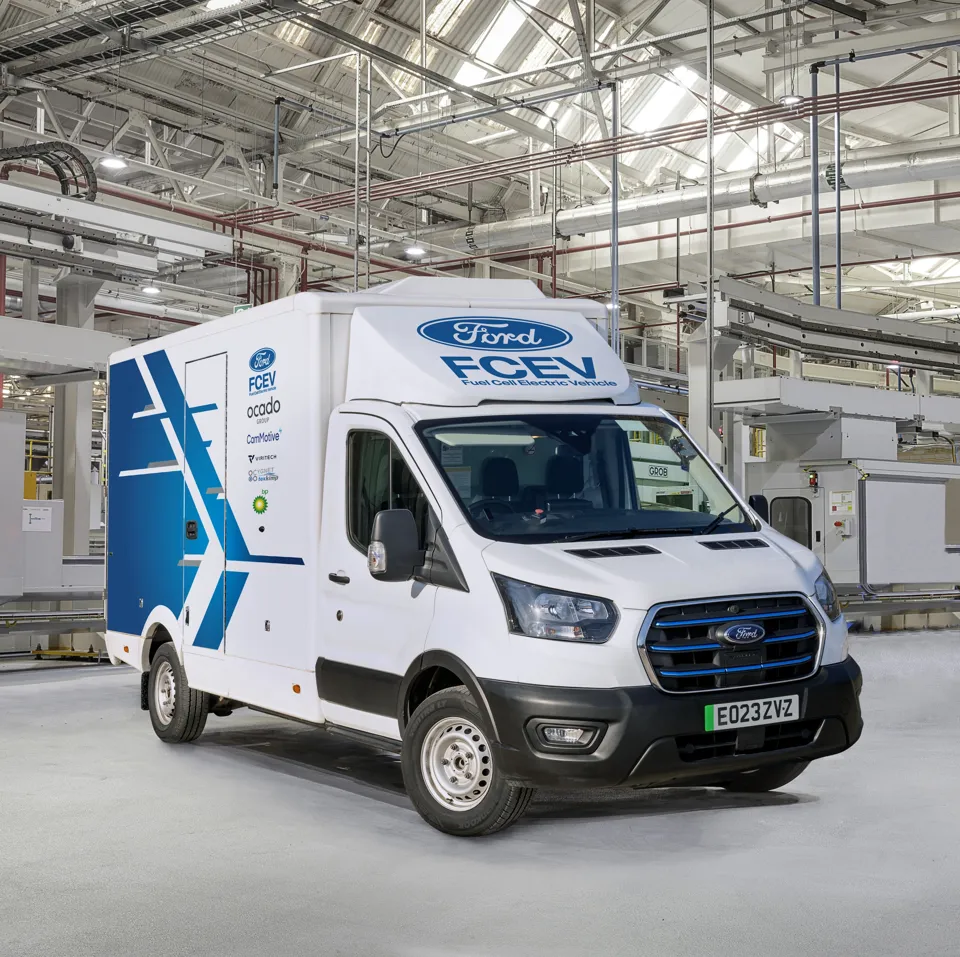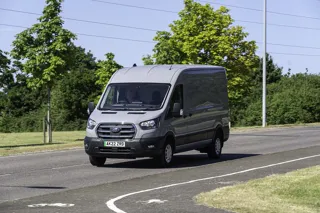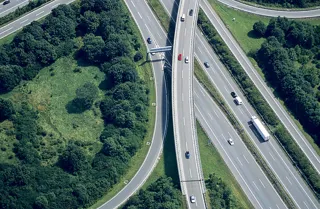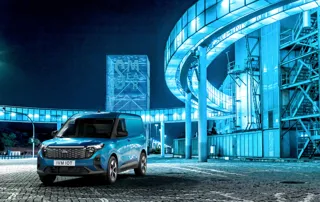A hydrogen-powered Ford E-Transit will be developed as part of a new project, part funded by the Advanced Propulsion Centre, to meet the needs of fleet operators that require a high payload and extended range.
BP, Ocado, Cygnet-Texkimp and Cambustion will work with Ford and hydrogen powertrain specialist Viritech, to deliver a fleet of eight vehicles as part of a £16.3m programme.
The project will establish if hydrogen fuel cell technology can deliver more zero-emission range to heavy-use E-Transit customers travelling high mileages, with maximum loads, ancillary equipment such as chillers and with limited charging opportunities in the working shift.
Ford Pro will use the pilot to expand its conversion expertise, supported by engineers and E-Transit specialists from Dagenham and the company’s nearby Dunton Technical Centre, in Essex.
The project will run for six-month periods over the next three years. Test fleet data will provide insights into the total cost of owning and operating a large van, with increased range and operating hours to match its diesel-powered equivalent and without the need to charge.
Tim Slatter, chair of Ford in Britain, said: “Ford believes that the primary application of fuel cells could be in its largest, heaviest CVs to ensure they are emission-free, while satisfying the high daily energy requirements our customers demand.
“Ford has an unmatched history in the commercial vehicle sector with the indomitable Transit, and we are excited to be exploring new ways to make clean deliveries an option for even our hardest working vans on the road.”
The van will use Viritech’s Tri-Volt hydrogen powertrain, which works like a hybrid car engine. At steady speeds the motor takes power directly from the fuel cell, rather than the fuel cell being used to charge a large traction battery. A small battery, which can charge and discharge rapidly while driving, is used to manage power when pulling away from rest or braking.
Viritech will also develop lightweight hydrogen pressure vessels which will enable a larger payload on the vehicle.
Timothy Lyons, CEO of Viritech, said:” We are delighted to be part of this hugely important research project. Believing that FCHEVs will play a vital role in decarbonising commercial vehicles, and that they will become a vital contributor to Sustainable Transportation, Viritech is proud to be at the forefront of the development of this critical technology.
“We are especially proud to be a key contributor to this important project with the manufacturer of the world’s best-selling cargo van. This will be a major demonstration of Viritech’s ground-breaking technology and an important opportunity to demonstrate the efficiency and relevance of FCHEVs.”
> Interested in comparing electric vehicle data? Check out our EV tool.
> Interested in ensuring the efficient use of EVs. Check out our dedicated editorial sections: Insight & policy | EV news | Charging & infrastructure | Costs & incentives | Benefit-in-kind | EV case studies | EV road tests























Login to comment
Comments
No comments have been made yet.